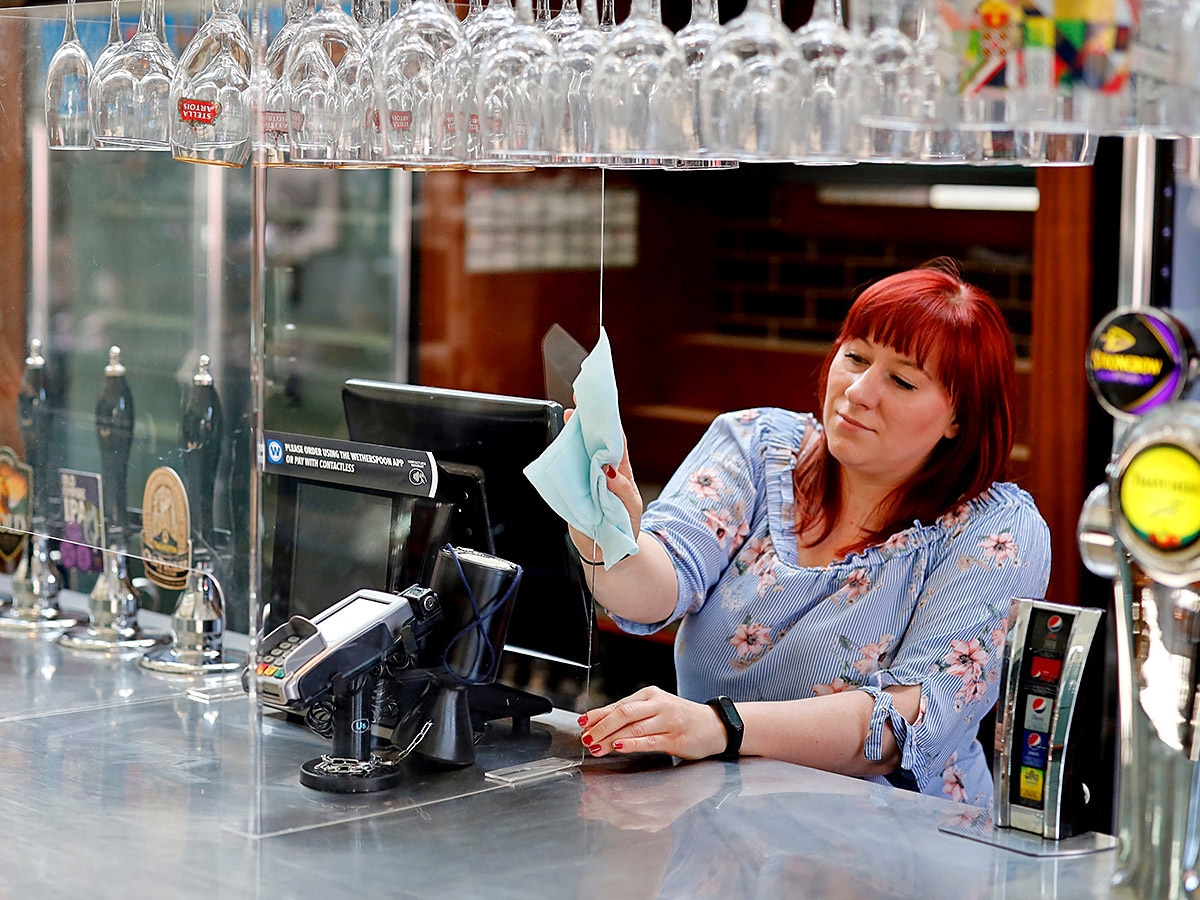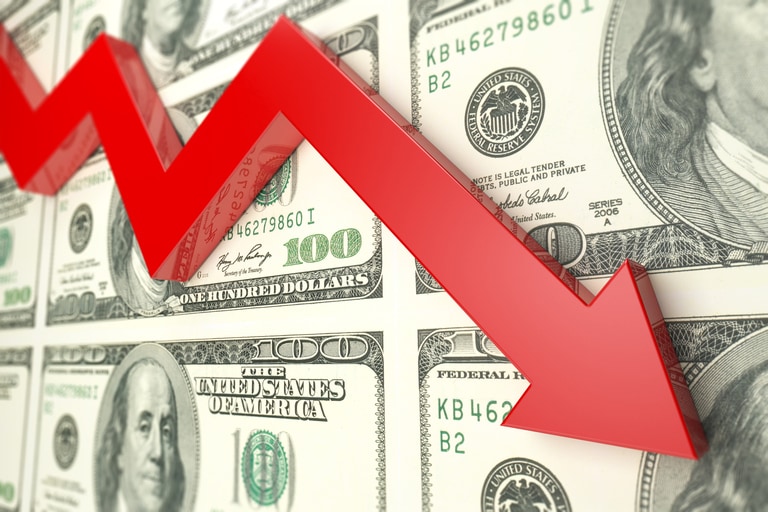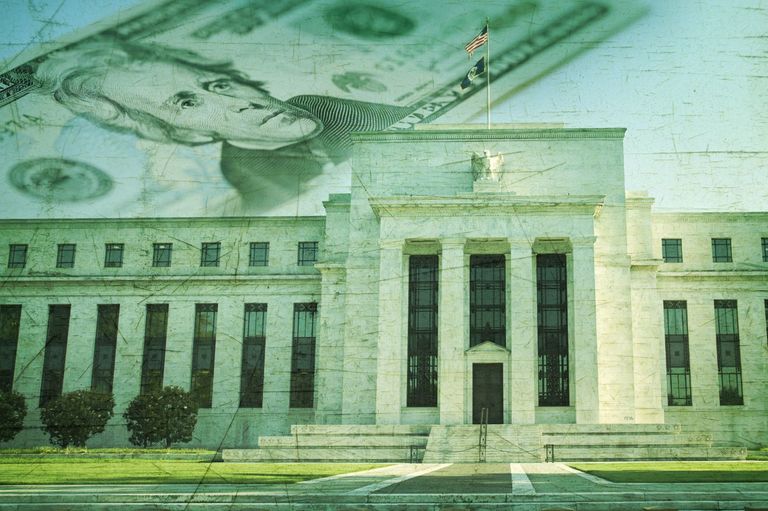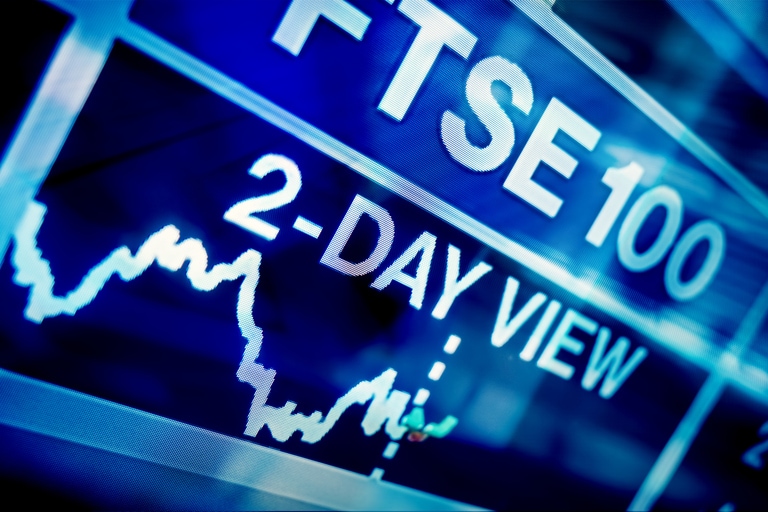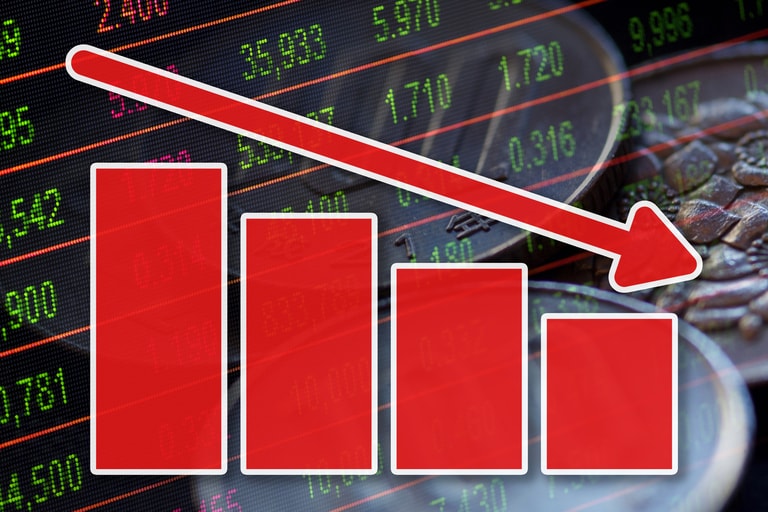Any hopes that the JD Wetherspoon [JDW] share price will show signs of a turnaround when it reports full-year earnings on Friday 7 October are likely to lead to disappointment, as the rising cost of living puts a strain on customer spending.
For the 13 weeks to 24 April, Wetherspoons reported that sales were down 6.2% year-on-year, and 4% lower versus 2019 levels, although sales in the last two weeks of the quarter were slightly positive.
The pub chain had returned to profitability and positive free cash flow by 13 March. It stated that it expected to break even this year and should return to “relative normality” in fiscal year 2023. Yet it also warned of cost pressures related to food, energy and labour, which has contributed to investors losing their appetite.
The downbeat performance has weighed on the Wetherspoons stock price, sending it down 56.3% year-to-date to 419.6p on 4 October. It’s trading just above its 52-week low of 388.4p, which it set only the day before, and is down 14.1% in the past month.
Slowing sales as customers remain cautious
Despite Wetherspoons chairman Tim Martin sounding cautiously optimistic that sales would continue to strengthen, a trading update for the first 11 weeks of the fourth quarter, released 13 July, won’t have lifted spirits.
Sales were down 0.4% versus the same period in 2019. Although this is an improvement sequentially, the negative growth is “a difficult pill to swallow,” according to our chief market analyst Michael Hewson. The pub chain will have been hoping for a sales boost from the Platinum Jubilee, and staying open for longer over the bank holiday will have come with added costs.
A rise in sales of cocktails and hotel stays was cancelled out by an 8% decline in ciders, draught ales and lagers, traditionally the company’s most popular lines, when compared with 2019 levels.
The sobering news offered in the company’s trading update on 13 July included a forecast for £30m in losses. The pub chain cited the cause for disappointment by referring to the rising costs of staff wages and repairs to properties. The JD Wetherspoon share price responded with an 8.3% decline from the previous day.
Pint sales continue to slump
AJ Bell analyst Danni Hewson noted that while sales were up for the quarter, the trend was down year-on-year. “It appears customers want the pie but not the pint. The biggest surprise was a big slump in sales of draught ales, lagers and ciders, which perhaps suggests that people are watching their wallets and making fewer visits to the pub for a casual drink with family and friends.”
Never one to mince his words, Martin blamed the negative sales growth on the “lingering after-effects” of the “fear factor” used by governments to encourage the public to adhere to lockdown rules. As a result, many people, especially older customers, remain cautious about leaving their homes and popping to the pub for a drink, he argued in a statement.
While Wetherspoons’ approach of building value by investing in staff and properties has been fruitful in the past, that tendency seems to have hurt the company in the short-term.
Expected full-year loss clouds outlook
The pub chain's aim to breakeven also appears to have been dashed, as it warned of a potential £30m full-year loss related to increased spending. Like in May, this warning has contributed to the Wetherspoon share price slump in recent weeks. Repair costs for the full fiscal year are expected to come in at £99m, compared with £76.9m in 2019.
Investors will be paying close attention to any FY23 guidance provided in its results presentation and annual report. The outlook “is likely to be even darker” now that the optimism of May has evaporated, says Michael Hewson.
“While the energy price-cap may have brought some certainty to the next six months, the overall near-term future for the pub sector has probably never been more uncertain than it is now”, Hewson argues.
Since the July trading update, Deutsche Bank has maintained its buy rating, but lowered its target for Wetherspoons’ stock price from 875p to 735p, implying an upside of 75.2% from the most recent close. Shore Capital reiterated its hold rating, according to MarketBeat.
Disclaimer: CMC Markets is an execution-only service provider. The material (whether or not it states any opinions) is for general information purposes only, and does not take into account your personal circumstances or objectives. Nothing in this material is (or should be considered to be) financial, investment or other advice on which reliance should be placed. No opinion given in the material constitutes a recommendation by CMC Markets or the author that any particular investment, security, transaction or investment strategy is suitable for any specific person. The material has not been prepared in accordance with legal requirements designed to promote the independence of investment research. Although we are not specifically prevented from dealing before providing this material, we do not seek to take advantage of the material prior to its dissemination.
